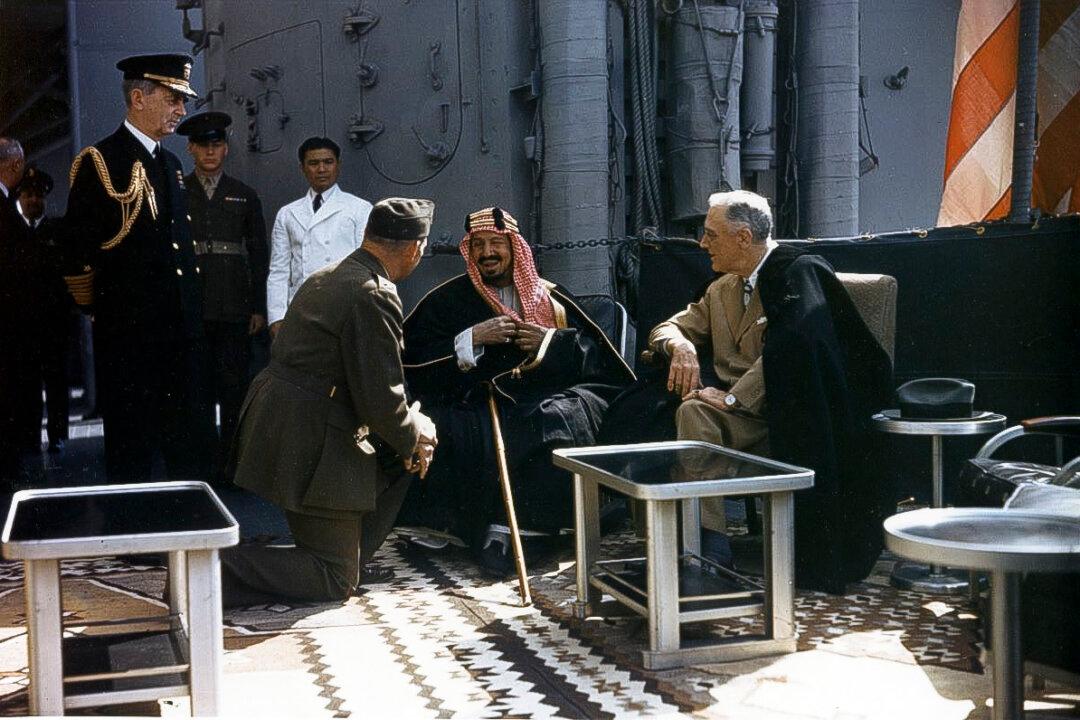General discussions about the fall of the Roman Republic and the rise of the Empire typically reflect the civil war between the factions of the Roman generals Julius Caesar and Pompey (49–45 B.C.). But Sulla’s Civil War (88–82 B.C.) between generals Gaius (also called Caius) Marius and Lucius Sulla, the first full scale civil war in Rome’s history, demands more attention. Military historian Nic Fields takes readers a quarter century prior in his new study “The Cimbrian War: 113-101 BC: The Rise of Caius Marius.”
Caesar may be known for setting precedents, but it was his uncle, Marius, who set several of his own—precedents that undoubtedly irked his political opponents. One of the precedents Mr. Fields discusses is Marius’s seven-time consulship, a number that was not technically legal. Its lack of true legality intimates the situation the republic found itself in, but such is the power of necessity.






